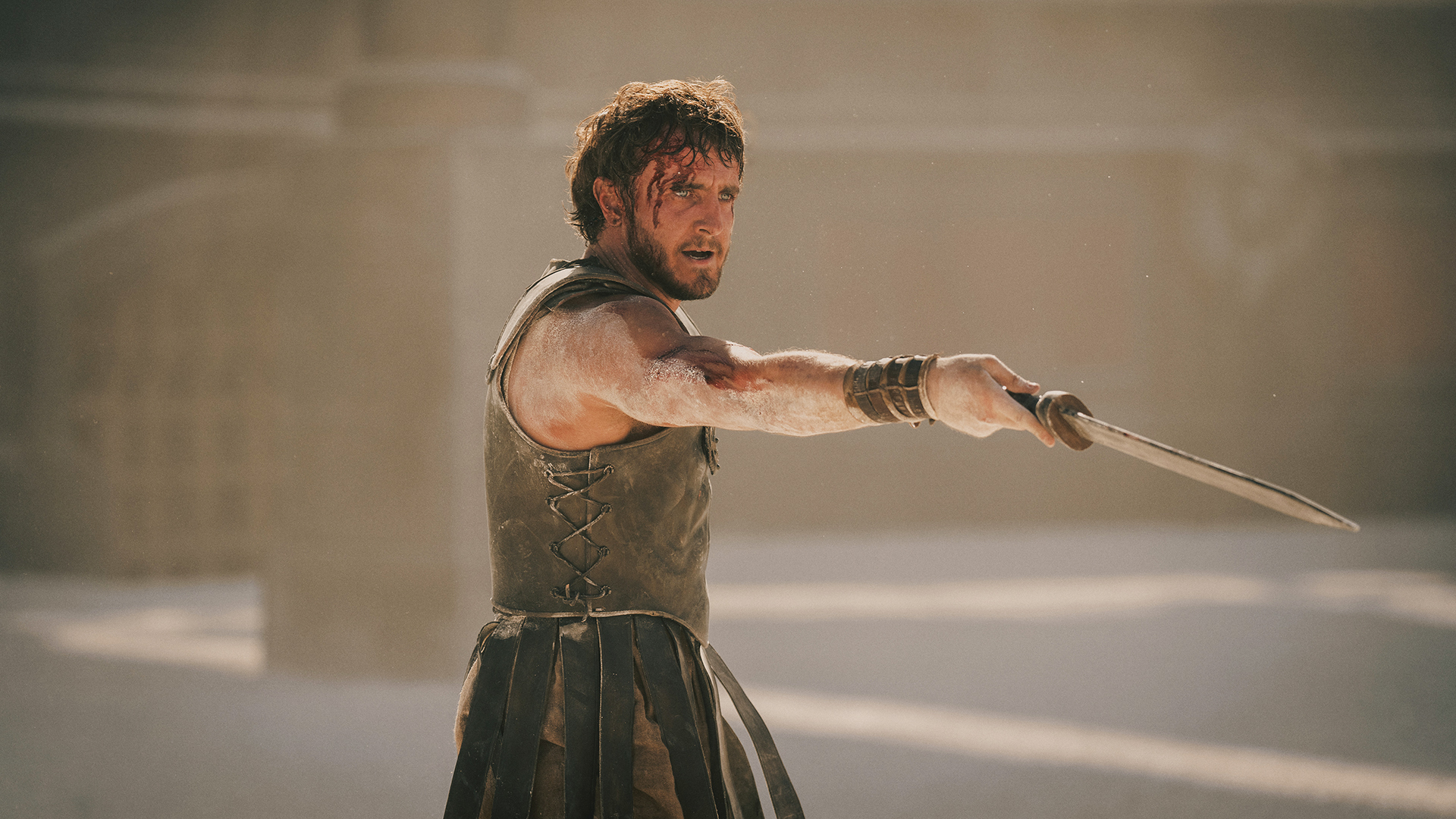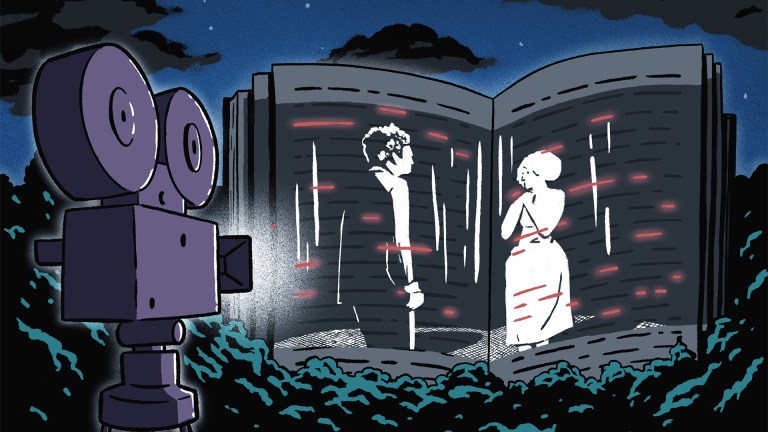Almost 25 years after its release, Gladiator still casts a beefy shadow. Ridley Scott’s sweeping Roman chop-em-up was nominated for 12 Oscars and won five, including Best Picture and Best Actor. It elevated Russell Crowe to the Hollywood A-list and reframed the strapping New Zealand-born actor as an object of desire for both women and men. It also made enough of a commercial impact that it single handedly resuscitated the sword-and-sandal epic, a genre that had been gathering dust for decades.
Get the latest news and insight into how the Big Issue magazine is made by signing up for the Inside Big Issue newsletter
In 2000, a time when the world was obsessed with looking ahead to a new millennium, making an unashamedly old-fashioned movie seemed out of step with the dotcom zeitgeist. Before it came out, Gladiator looked most likely to be remembered as Oliver Reed’s last film when the veteran hellraiser died of a heart attack after a heavy session in a Maltese bar.
But something about it clearly resonated with audiences in a way that opportunistic follow-ups like mob-handed Greek siege Troy (2004), Macedonian steamroller biopic Alexander (2004) or blood-soaked Spartan slasher 300 (2006) failed to replicate. Gladiator’s classic story of righteous vengeance and irascible tigers managed to be both timeless and timely.
Fast forward to this year – and Gladiator II is looming on the horizon. The prolific, seemingly tireless Scott is back in the chariot-driving seat, drawing from his own tried-and-tested Colosseum playbook. Again, a monumental production is built around a relative unknown: scruffy Irish hunk Paul Mescal, an indie darling but blockbuster virgin.
The Reed role of wily veteran who knows all the angles is filled by Denzel Washington. Toga veterans Connie Nielsen and Derek Jacobi both return. As the original’s preening, power-hungry antagonist Commodus, Joaquin Phoenix was a pathetic but still scary villain; for the sequel, Scott has doubled up with two cruel nepo babies (played by Joseph Quinn and Fred Hechinger) who view their empire as a plaything.









